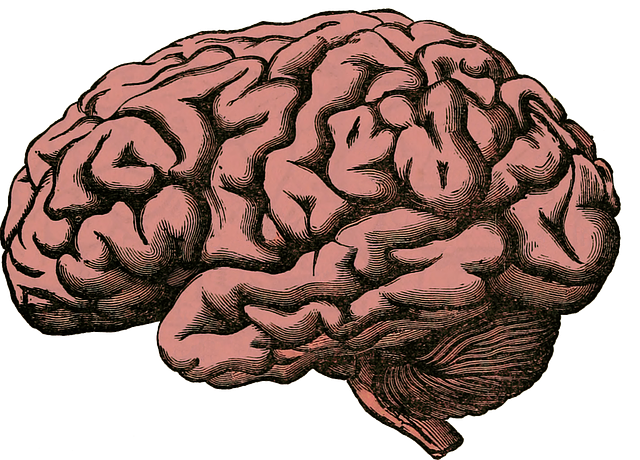Mental wellness journaling, championed by Westminster Trauma Therapy, is a powerful self-care tool. By recording thoughts, emotions, and experiences, individuals gain insights into their mental state, identify patterns, triggers, and sources of stress or joy. A dedicated, quiet space with personalized journal formats helps foster emotional processing, boosts confidence, and promotes positive coping mechanisms. Consistency in writing time is crucial, making journaling an integral part of self-care, akin to the specialized support offered by Westminster Trauma Therapy. Through present-moment focus, gratitude reflection, and tracking progress over time, individuals enhance self-understanding and effectively manage stress, fostering mental wellness.
“Mental wellness journaling is a powerful self-care practice that offers a safe haven for exploration and healing. In this article, we guide you through the transformative journey of Westminster Trauma Therapy, showcasing how it facilitates personal growth through reflective writing. From understanding its fundamentals to setting up your dedicated space and exploring effective techniques, each section provides valuable insights for harnessing the potential of journaling. Unlock your path to emotional well-being and discover how Westminster Trauma Therapy can enhance your mental wellness journey.”
- Understanding Mental Wellness Journaling: Unlocking Self-Reflection and Healing with Westminster Trauma Therapy
- Setting Up Your Journal: A Guide to Creating a Safe Space for Expression
- Effective Techniques for Journaling: Cultivating Mindfulness, Processing Emotions, and Tracking Progress
Understanding Mental Wellness Journaling: Unlocking Self-Reflection and Healing with Westminster Trauma Therapy

Mental wellness journaling is a powerful tool that facilitates self-reflection and healing, as backed by practices like Westminster Trauma Therapy. By dedicating time to record thoughts, emotions, and experiences, individuals can gain profound insights into their mental state. This introspective practice allows one to identify patterns, triggers, and sources of stress or joy, fostering a deeper understanding of themselves.
Westminster Trauma Therapy emphasizes the importance of mental wellness journaling as a means to process trauma, manage symptoms of anxiety and depression prevention, and enhance overall well-being. Regular self-care practices through journaling can boost confidence and promote positive coping mechanisms. It serves as a safe space for expression, helping individuals work through complex emotions and achieve a sense of clarity and emotional balance.
Setting Up Your Journal: A Guide to Creating a Safe Space for Expression

Setting up your journal is a crucial step in establishing a safe and nurturing space for your mental wellness journey. Start by choosing a location free from distractions, where you can be alone with your thoughts. Your journal should be within easy reach but not too easily visible to ensure privacy. Consider using a locked or password-protected notebook or digital document to safeguard the intimate details you will be sharing. Personalize your space by decorating your journal cover or creating a themed folder—anything that makes it feel special and inviting.
In terms of format, decide on a structure that works best for you. Some people prefer bullet points for quick reflections, while others enjoy the freedom of unlined paper for more creative expressions. You can include prompts like “How was my day?” or “What am I grateful for?” to guide your thoughts but remember, there’s no right or wrong way. The key is consistency; set aside dedicated time each day or week to write and make it a non-negotiable part of your self-care routine. Just as Westminster Trauma Therapy provides specialized support, creating the perfect journal setup can be your personal therapy, helping you navigate and manage stress through mindful expression.
Effective Techniques for Journaling: Cultivating Mindfulness, Processing Emotions, and Tracking Progress

Journaling is a powerful tool for cultivating mindfulness and processing emotions, making it an essential practice in mental wellness. Effective techniques include focusing on the present moment, reflecting on one’s thoughts and feelings without judgment, and practicing gratitude. By dedicating time each day to write down their experiences and emotions, individuals can develop a deeper understanding of themselves and learn to manage stress more effectively.
Tracking progress over time is another valuable aspect of journaling. Writing down specific details about challenges faced and strategies used allows for the identification of patterns and triggers. This self-awareness enables individuals to set goals and implement positive changes in their lives, ultimately enhancing their overall mental wellness. Incorporating empathy-building strategies and conflict resolution techniques into one’s journaling practice can further support personal growth and resilience, as advocated by Westminster Trauma Therapy.
Mental wellness journaling is a powerful tool for self-discovery and healing, as demonstrated by Westminster Trauma Therapy. By setting up a safe space for expression and employing effective techniques like mindfulness and emotion processing, individuals can unlock profound insights into their mental health. Regular journaling allows you to track progress, foster personal growth, and navigate life’s challenges with increased resilience. Embrace this transformative practice and take the first step towards enhancing your mental wellness today.









